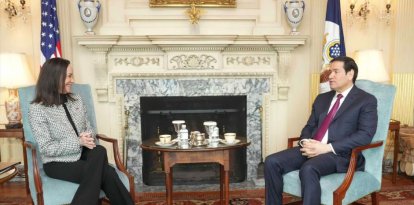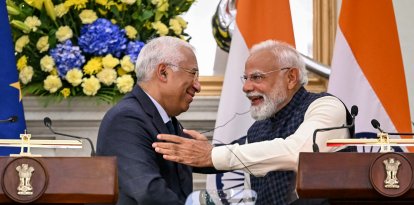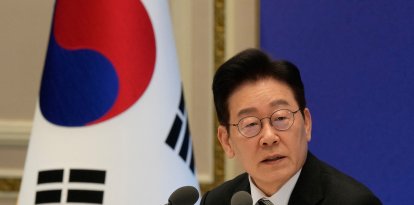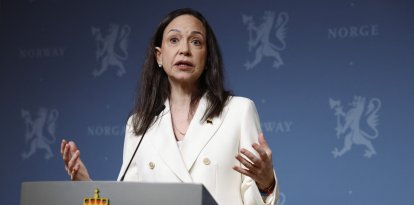Venezuela: over 400 protests in the first 17 days of the year
Citizens have taken to the streets to demand "labor rights" and "fair wages." In 2022, a total of 5,609 protests were reported.

Jeso Carneiro (Flickr)
The Venezuelan Observatory of Social Conflict (OVCS) has reported that in just the first 17 days of 2023, more than 400 demonstrations have taken place throughout the Caribbean country. Citizens have taken to the streets demanding "labor rights, the right to peaceful demonstration", a solution to the crisis of shortages of basic services - gasoline, electricity and water - and fair wages from the dictatorship of Nicolás Maduro.
The largest number of demonstrations took place in the states of the Amazonas Capital Districts, Miranda, Aragua and Falcón.
Due to the crisis that Venezuela is experiencing, the official information offered by the Chavista regime does not accurately show with any precision or clarity, any type of reliable data on the situation in the country. The OVCS collects data on demonstrations through reports made by its personnel. "All registered protests are confirmed, and validated, by its "situation monitoring unit."
In 2022, the so-called "Conflict Radar" of the OVCS reported a total of 5,609 citizen demonstrations throughout the year. Of these, 4,339 were "social rights protests," and 2,649 were "labor" protests.
Education, health and salaries
The educational sector took to the streets to protest the economic crisis that is devastating the country, and thereby, leaving them to survive day to day without the necessary resources to be able to live. They have demanded, amongst other things, a "fair salary," as Karina García, a teacher present at the demonstrations, pointed out:
In the case of the health unions, their demonstration is very similar reason to that of the teachers, among their demands, is to have a sufficient salary to cover their needs. They are also fighting against the deterioration of the public health system. According to Dr. Deyanira Gentile, a member of the board of directors of the College of Physicians:
Other working class unions join these demonstrations on a daily basis. The citizens claim "that none of them escapes the reality of poverty to which they have been subjected with salaries that range between 7 and 15 dollars a month for those who have a higher level of education".
Social protests
Sociologist and human rights activist, Yonaide Sanchez, pointed out that since 2020, social protest is taking center stage and political protest has been displaced. He emphasized that due to the corruption and lack of response from Maduro's communist dictatorship, citizens are tired of waiting and see street demonstrations as a means of pressure.
People are still willing to denounce and try to influence all those shortages that are affecting them, the social protest has displaced the political protest that was seen in 2019 (...) It has been said to protest against sanctions, but there is a manipulation issue, because we see that the Government can bring some things from outside, but the needs of the population are not covered.

























